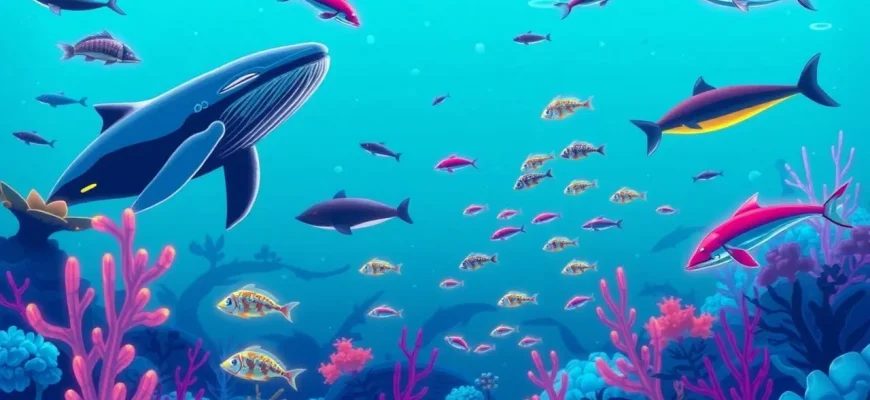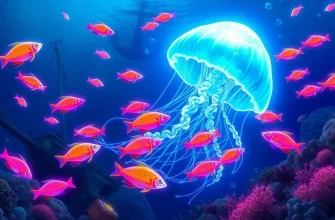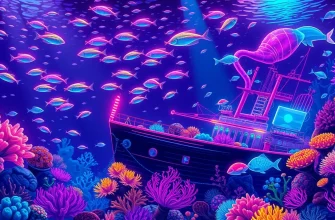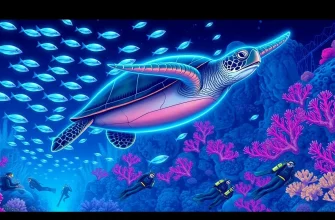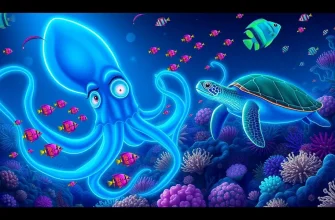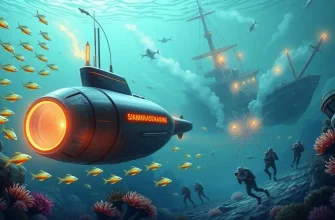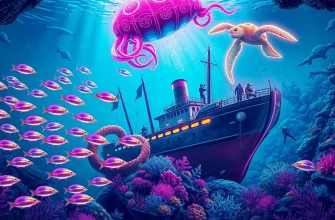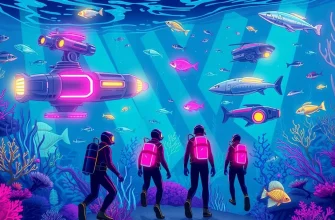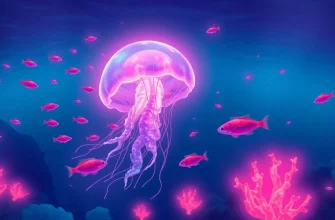The ocean, with its vast and mysterious depths, is home to some of the most fascinating creatures on Earth. This curated selection of documentaries delves into the lives of marine animals, offering viewers a glimpse into their underwater world. From the majestic whales to the elusive deep-sea creatures, these films not only entertain but also educate us on the importance of preserving our oceans. Whether you're a marine biology enthusiast or simply love nature documentaries, this collection promises to be an enlightening journey beneath the waves.
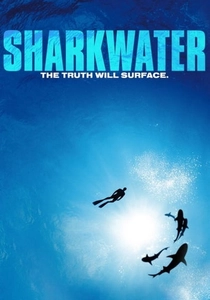
Sharkwater (2006)
Description: Focused on the plight of sharks, this documentary follows filmmaker Rob Stewart as he dives into the world of shark finning and the misconceptions about these often misunderstood predators.
Fact: Stewart tragically died while filming the sequel, "Sharkwater Extinction," which was released posthumously.
 Watch Now
Watch Now
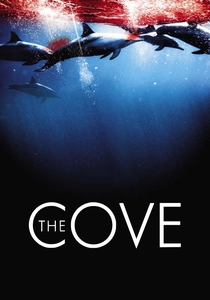
The Cove (2009)
Description: While not exclusively about marine life, "The Cove" focuses on the controversial dolphin hunting practices in Taiji, Japan, shedding light on the darker side of human interaction with marine animals.
Fact: The film won the Academy Award for Best Documentary Feature in
 Watch Now
Watch Now
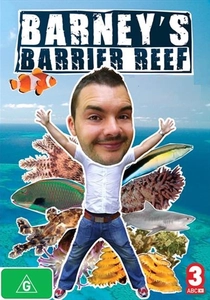
The Great Barrier Reef (2012)
Description: This documentary series explores one of the world's most famous coral reef systems, showcasing its biodiversity and the threats it faces from climate change and human activity.
Fact: The series was filmed over two years, capturing the reef's beauty and the urgent need for its conservation.
 Watch Now
Watch Now
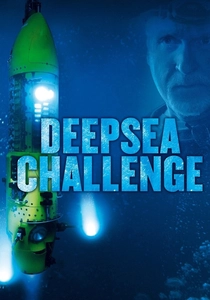
Deepsea Challenge 3D (2014)
Description: Documenting filmmaker James Cameron's solo dive to the deepest point on Earth, the Mariana Trench, this film explores the technological challenges and the wonders of the deep sea.
Fact: Cameron's submersible, the Deepsea Challenger, was specifically designed for this expedition, making it one of the most advanced deep-sea exploration vehicles ever built.
 Watch Now
Watch Now
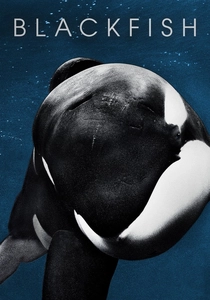
Blackfish (2013)
Description: This documentary examines the life of Tilikum, an orca involved in the deaths of several people, and the ethics of keeping such intelligent creatures in captivity.
Fact: The film led to significant changes in how SeaWorld operates, including the end of their orca breeding program.
 Watch Now
Watch Now
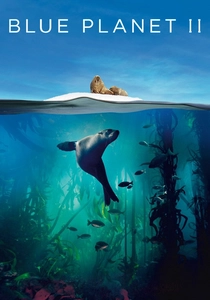
Blue Planet II (2017)
Description: A sequel to the iconic "Blue Planet," this series explores the vast and varied marine ecosystems, showcasing the behaviors of sea creatures in stunning detail. It's a must-watch for its breathtaking cinematography and insightful commentary on ocean conservation.
Fact: The series took over four years to film, involving 125 expeditions across 39 countries. It also introduced viewers to new species and behaviors never before captured on film.
 Watch Now
Watch Now
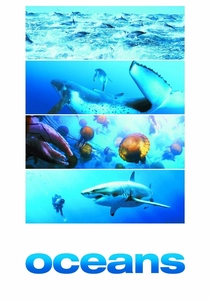
Oceans (2009)
Description: A cinematic journey through the world's oceans, this film captures the beauty and diversity of marine life, from the smallest plankton to the largest whales.
Fact: It was the first nature documentary to be filmed in IMAX 3D, providing an immersive experience for viewers.
 30 Days Free
30 Days Free
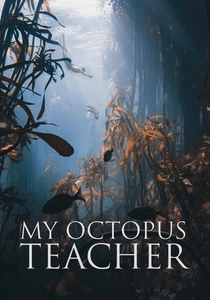
My Octopus Teacher (2020)
Description: A unique story of a filmmaker who forms an unlikely bond with an octopus in a South African kelp forest, offering insights into the intelligence and emotional depth of these creatures.
Fact: The film won the Academy Award for Best Documentary Feature in 2021, highlighting the personal and emotional connection between humans and marine life.
 30 Days Free
30 Days Free
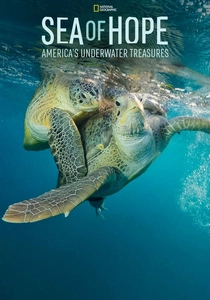
Sea of Hope (2017)
Description: This film explores the efforts to protect America's marine sanctuaries, showcasing the rich biodiversity and the conservation initiatives in place.
Fact: Narrated by actor Michael Keaton, the film highlights the importance of marine sanctuaries in preserving ocean health.
 30 Days Free
30 Days Free

Mission Blue (2014)
Description: Following marine biologist Dr. Sylvia Earle, this documentary highlights her lifelong mission to protect the ocean, focusing on the creation of "Hope Spots" to conserve marine life.
Fact: The film was inspired by Earle's TED Prize wish to ignite public support for ocean conservation.
 30 Days Free
30 Days Free

